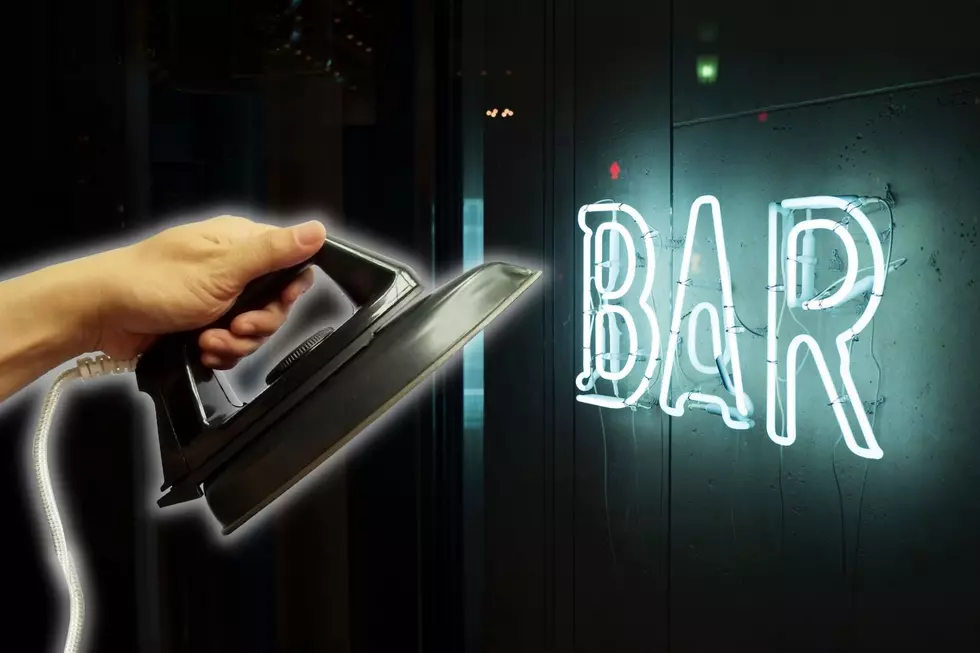
One of the First Home Video Game Consoles Was Made in Central NY
An abandoned building in Amsterdam, New York still bears the sign of Coleco, one of the most successful toy manufacturers in America. "Amsterdam Plant No. 7" was one of four factories in Upstate New York that churned out some of the hottest must-have toys of its day.
THE STORY OF COLECO
Coleco - abbreviated from "Connecticut Leather Company" - was founded back in the early 1930s. During the 1950s they began diversifying into the toy realm, debuting leather moccasin kits at the 1954 New York Toy Fair.
In 1962, the company officially changed their name to Coleco, and in 1963 they acquired the Kestral Corporation, which made vinyl inflatable pool toys. As a result, Coleco became the world's largest manufacturer of above-ground swimming pools and accessories. Coleco rounded out the '60s with further acquisitions of several previously-existing toy companies, further cementing their stronghold in the toy world.
The release of Atari's groundbreaking home video game Pong console in 1975 saw many toy companies itching to enter the home electronics market, and Coleco was no different. They dabbled in several handheld sports games until the launch of ColecoVision in 1982.
ColecoVision was initially sold with a cartridge of Donkey Kong and did well, selling 560,000 units in 1982. At the time of its release, it cost $189, or $581 in today's money.
The video game bubble burst in 1983, and both Coleco and Atari saw the sales of its consoles wane as popularity in home computing rose. Coleco quietly exited the electronics market in 1985.
CABBAGE PATCH DOLLS
The ColecoVision video game console wasn't Coleco's only major hit-- Cabbage Patch Dolls were the absolute bane of every '80s parent's existence, and they can thank Coleco for that. Coleco pumped droves of Cabbage Patch Dolls onto the shelves during the 1980s, until their popularity dwindled also.
Coleco bled money for several years until filing for Chapter 11 bankruptcy in 1988.
The abandoned Coleco building with its company signage still looms over Amsterdam. Much like the Remington Arms factory in Ilion, it's a remembrance of a more lucrative economic time in the Mohawk Valley.
2022 National Toy Hall of Fame Finalists
Why Were 1000s of Toys Left to Rot Inside Decaying Albany Warehouse?
KEEP READING: Check out these totally awesome '80s toys
More From 96.9 WOUR









